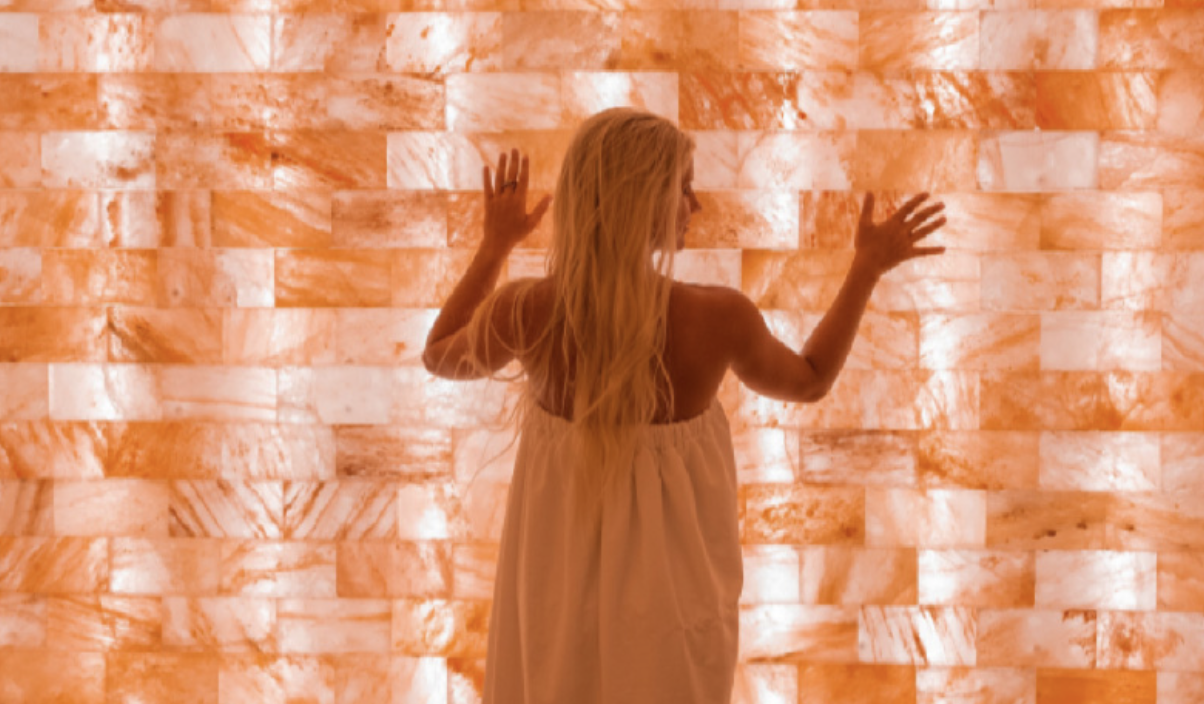Relief of Teenage Acne Holistically
Relief of Teenage Acne Holistically
- "Teen acne is a skin condition causing bumps on the face, back, and chest. They are commonly referred to as whiteheads, blackheads, pimples, pustules, and cysts," says Elise I. Brantley, MD, a dermatologist at the University of Cincinnati Academic Health Center. "Sebaceous glands, also known as oil glands, make a natural moisturizer for your skin, called sebum.” In teen acne, sebum can clog the hair follicles, also known as pores, which makes the skin "sticky" and difficult to shed. The combination of sebum, dead skin cells, and bacteria within a clogged pore causes a pimple.
The Emotional Toll of Teen Acne
In the past, doctors and parents tended to underestimate how much teen acne can affect a young person's outlook on life, social adjustment, and even school performance. Today we know that pimples can cause scarring not just on the skin, but also on the psyche. Recent studies show that teen acne can result in a loss of self-esteem and self-confidence, poor body image and social withdrawal, and, depression, anger, and frustration. The good news is that we also know a lot more about how to treat and manage teen acne.
Teen Acne Dos and Don'ts: Face Washing
- Teen acne is not caused by a dirty face. In fact, washing your face too much can make pimples worse. The temperature of the water is also important. Make sure teens rinse with water that is warm, but not too hot. Use mild cleansers such as Cetaphil, Cerave, or Dove to avoid over-drying the skin. This is particularly important if you are using prescription creams from your doctor," says Dr. Brantley. Don't scrub with a washcloth; use fingertips and wash the face gently.
Teen Acne Dos and Don'ts: Acne Medication
Existing pimples take time to heal. Topical acne medication includes creams, gels, and lotions to unblock your pores and reduce bacteria. Oral acne medication includes antibiotics, isoretinoin, and birth control pills for girls. Work with your dermatologist to find the right acne medication for the degree of acne you have. "Use your acne medication only as directed by your doctor,” warns Brantley. "Don't use over-the-counter acne treatments in addition to your prescriptions without checking with your doctor. It is important to keep your skin in a healthy balance, and with acne treatments, more is not always better.”
Teen Acne Dos and Don'ts: Moisturizing
- "Using a mild daily moisturizer lotion or cream can be beneficial, especially if you are using drying prescription creams from your doctor. Don’t use heavy ointments or grease. These can further clog pores and aggravate your acne," advises Brantley. Choose a moisturizer that is labeled oil-free and non-comedogenic, which means it won't create comedones, the blackheads that clog pores. It's usually best to apply moisturizer right after acne face medication.
Teen Acne Dos and Don'ts: Makeup
Teen Acne Dos and Don'ts: Hair Care
Take care with applying hair products. If they get into contact with the face, they may further clog pores and make your acne flare," warns Brantley. Don't use hair care products that add oil to your hair. Don't let oily hair rest on your face or forehead. Do wash your hair every day and wash oil-stained caps or sports helmets before wearing. If you are a teen who has started to shave, use care to avoid nicking pimples; an electric razor may work better than a razor blade.
Teen Acne Dos and Don'ts: Popping Pimples and Other Habits to Avoid
Wellness Suites Weston
954-652-1343
www.wellnesssuitesweston.com
1348 SW 160th Ave 33326





Comments
Post a Comment